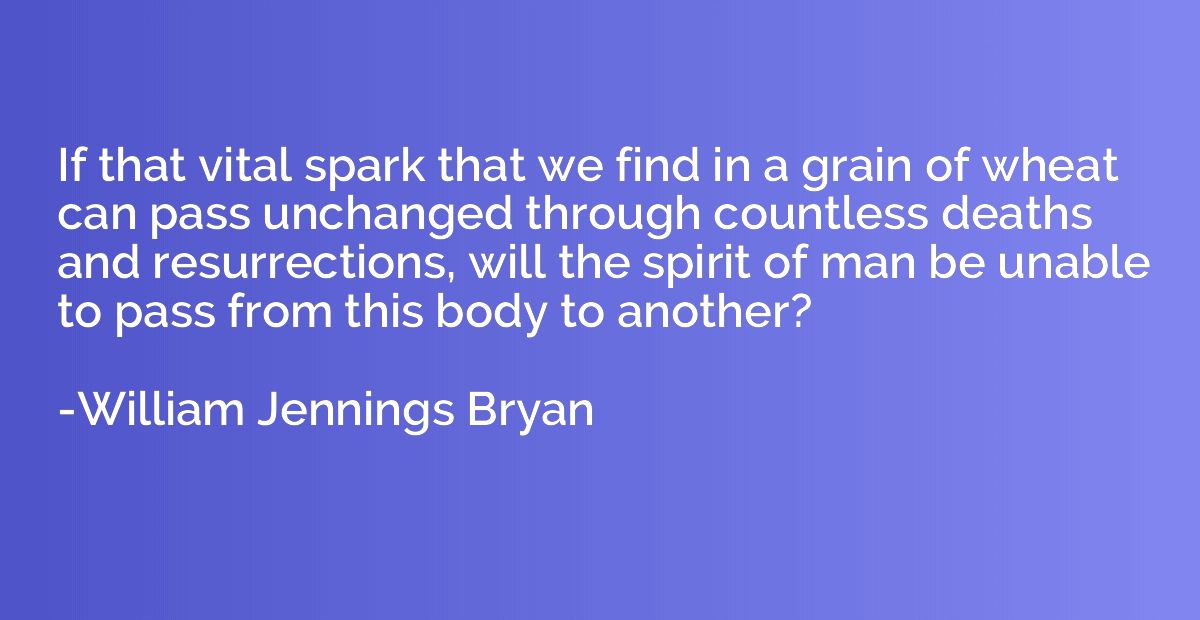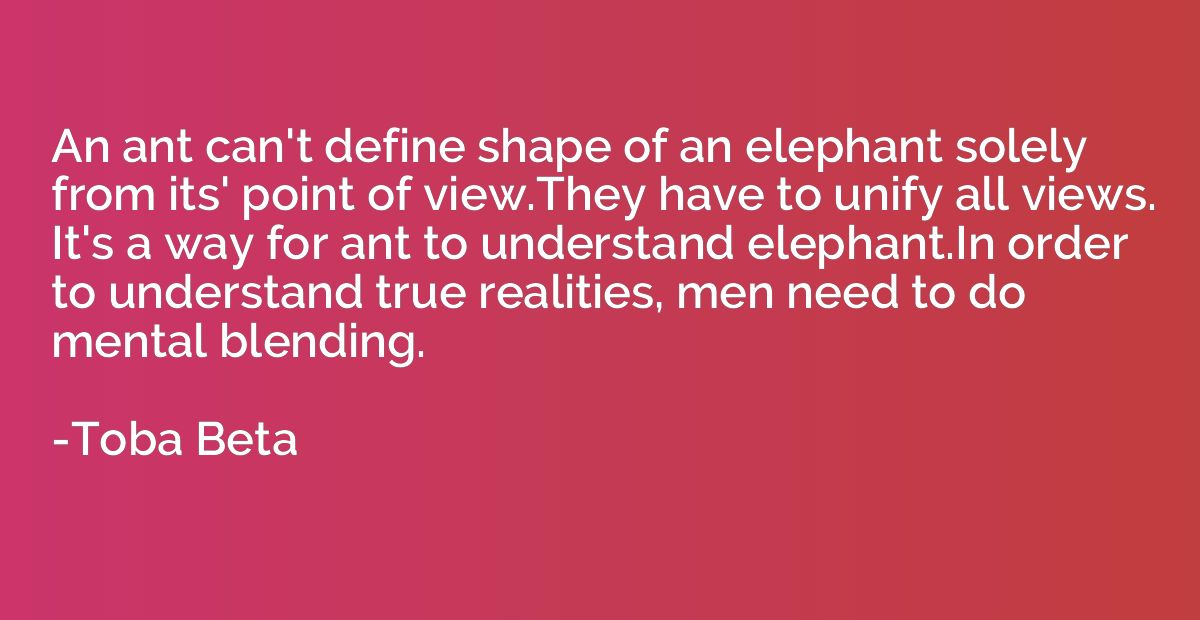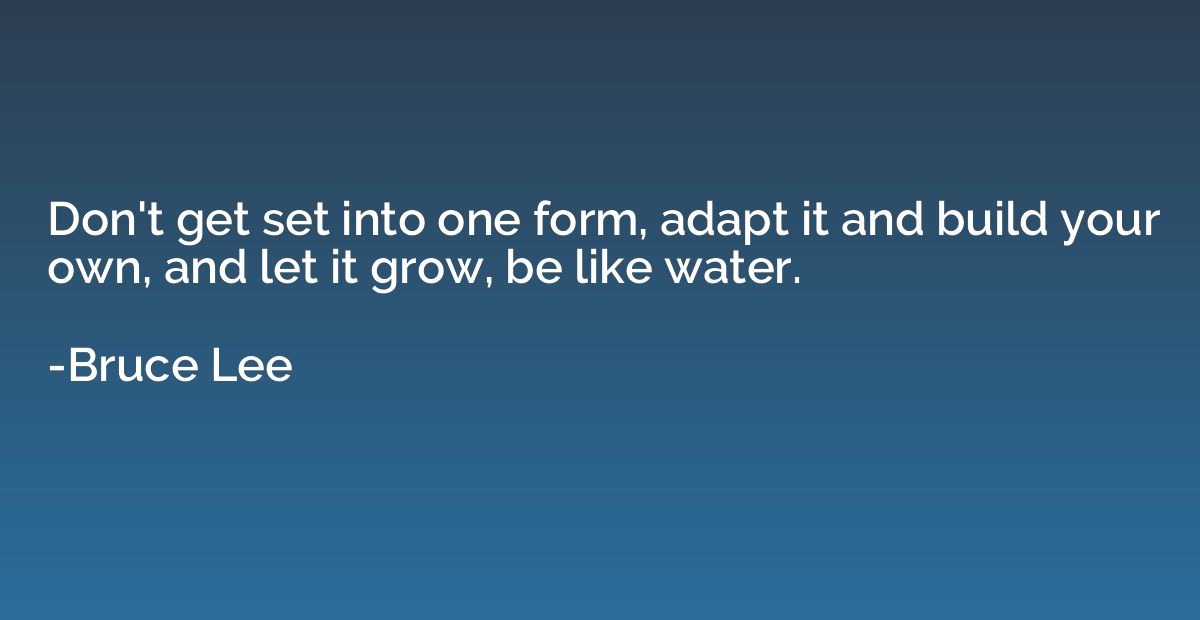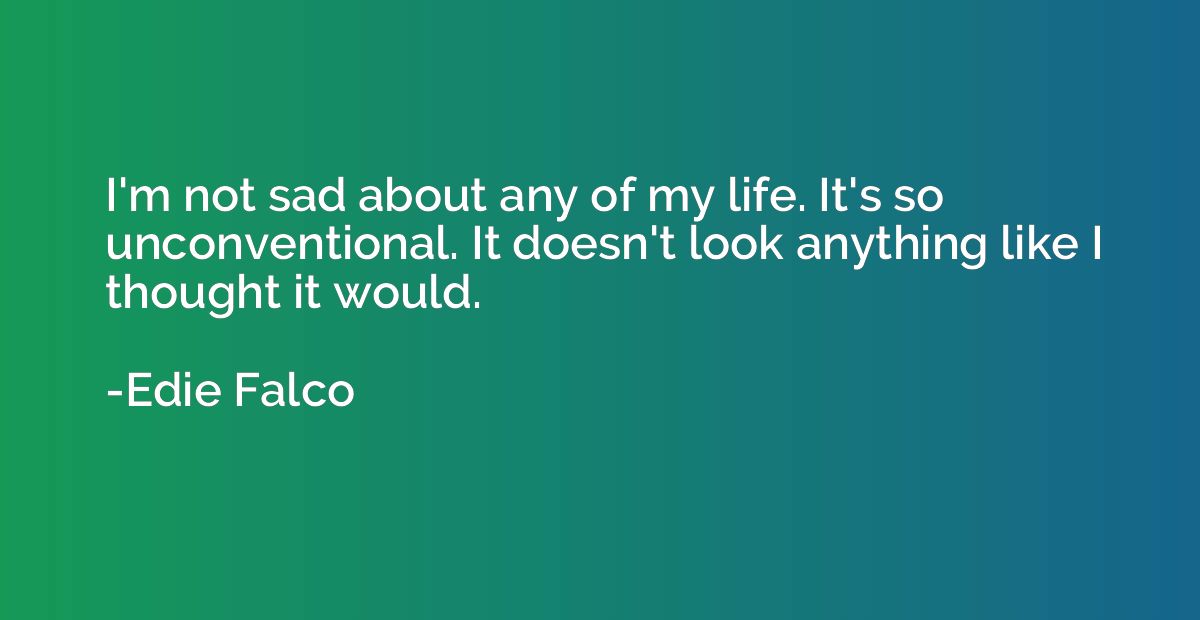Quote by Ronald Reagan
We have the means to change the laws we find unjust or onerous. We cannot, as citizens, pick and choose the laws we will or will not obey. (On dismissing 12,000 striking air traffic controllers)
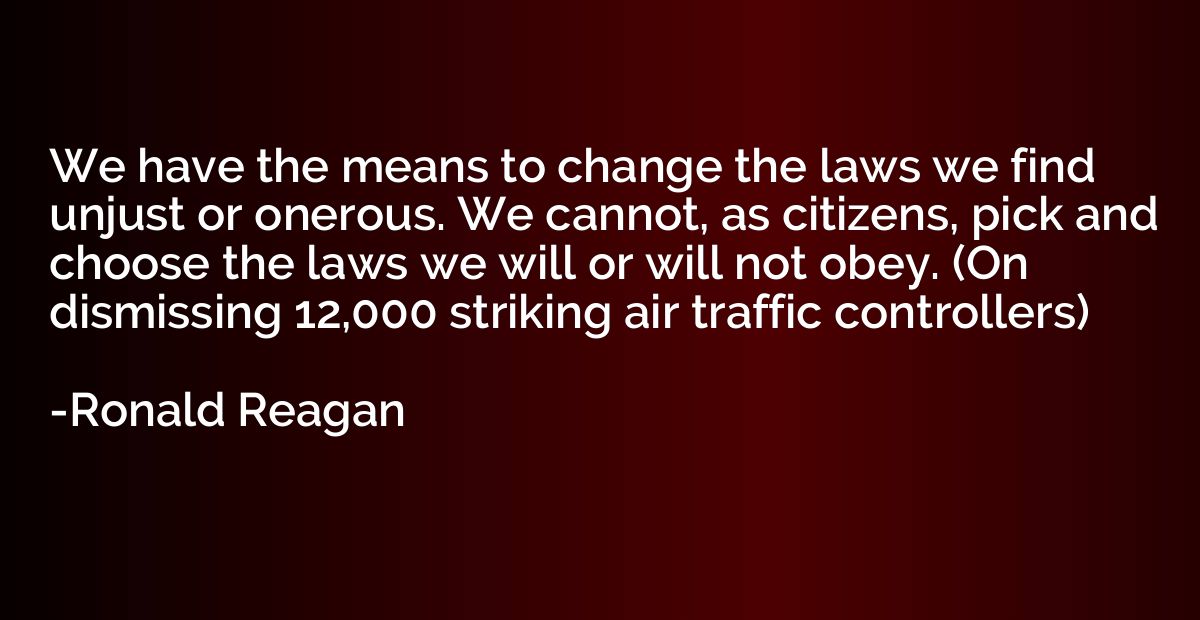
Summary
This quote suggests that although citizens have the power to change unfair or burdensome laws through legal means, they cannot selectively decide which laws to obey. It highlights the importance of following the established legal system and respecting its authority, even in situations that may be seen as unfair. The context of dismissing the 12,000 striking air traffic controllers highlights the government's decision to prioritize compliance with the law over the demands of the striking workers.







